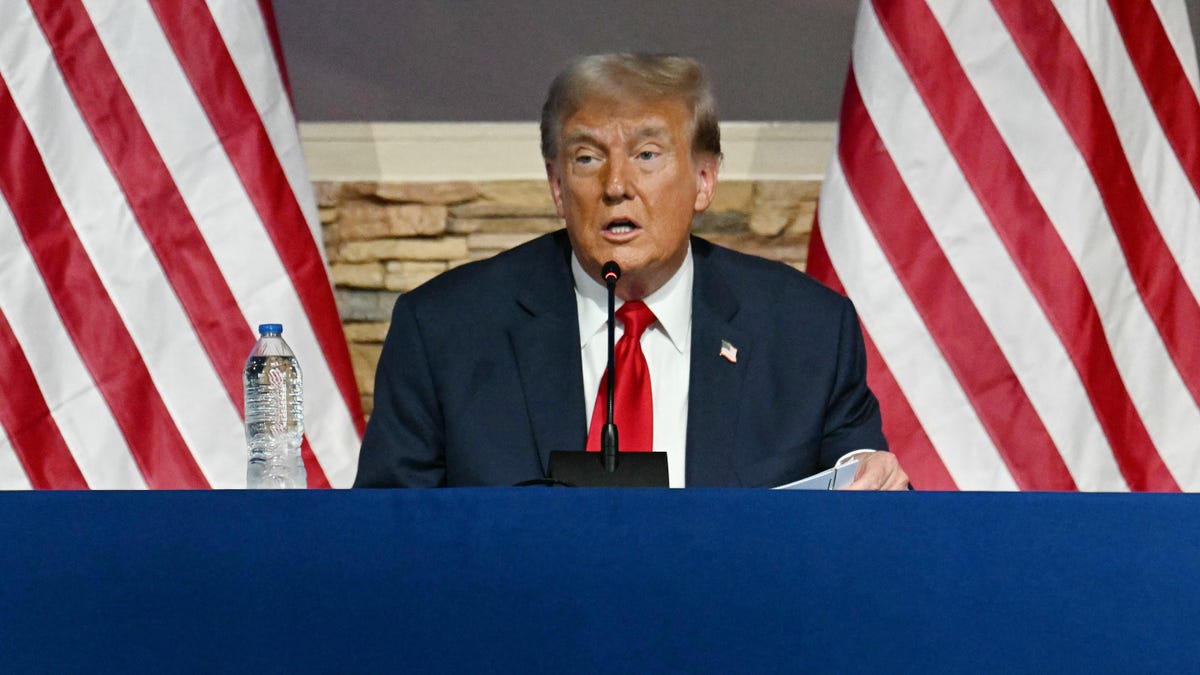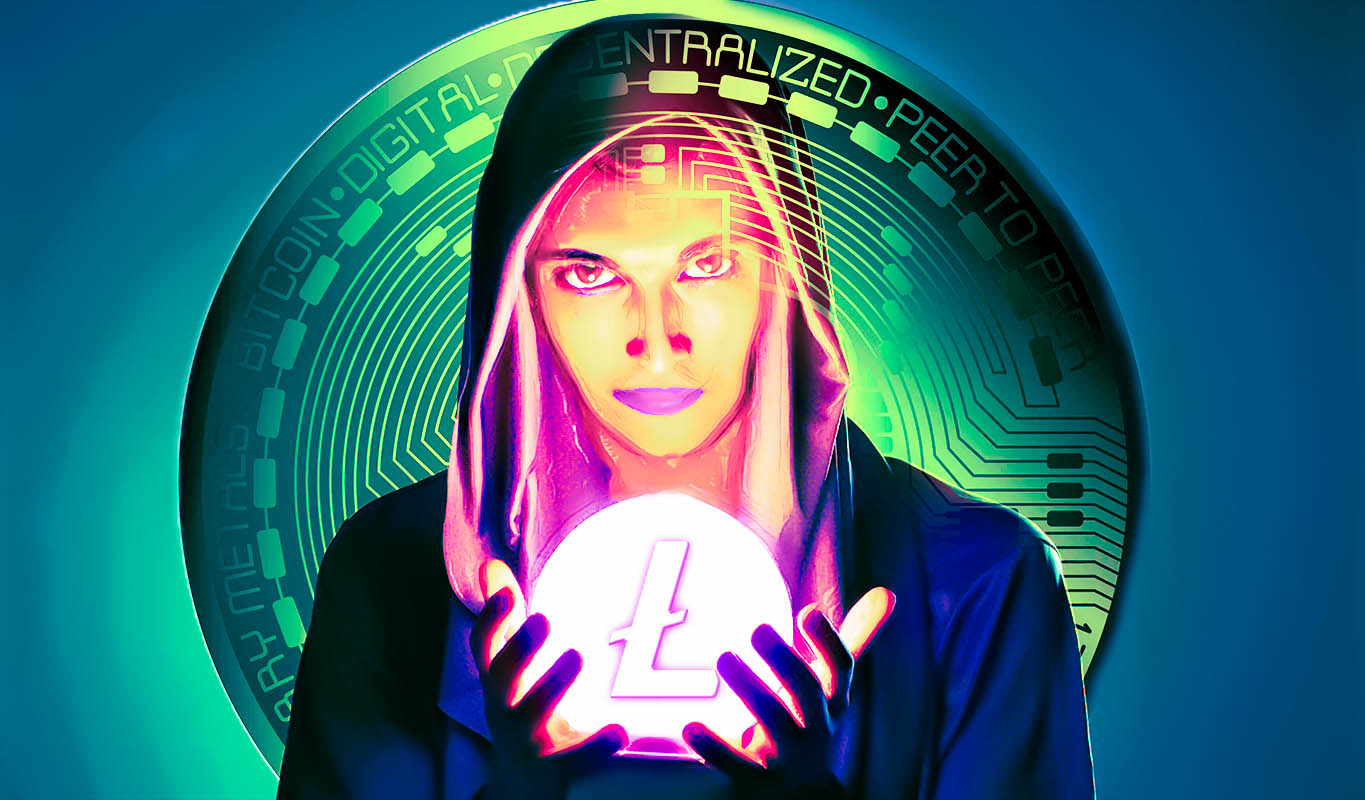Donald Trump recently called himself the “crypto president,” pulling a complete 180 from the days when he referred to crypto as a scam. And it’s causing quite a lot of confusion in an already hectic presidential race where the former president is neck-and-neck in the polls with President Joe Biden.
Trump’s campaign now takes crypto donations, he tweets about wanting Bitcoin to be “MADE IN THE USA!!!” and some very wealthy people in the crypto community are throwing him fundraisers. But all of this hype has led to a very predictable outcome: Scammers are doing their best to capitalize on Trump’s newfound love of fake digital money.
Some crypto watchers are convinced that TrumpCoin, launched on the Solana blockchain under the ticker $DJT, is actually the work of Trump himself. One prominent crypto news account on X, Pirate Wires, even says Trump’s son Barron is taking the lead on the project.
“Per conversations, Trump is launching an official token — $DJT on Solana. Barron spearheading,” Pirate Wires tweeted on Monday.
Mike Solana from Pirate Wires later clarified that he hadn’t spoken with the Trump campaign directly about $DJT while warning whoever’s behind the memecoin could “rug pull, or pivot.” It’s not entirely clear what “per conversations” meant in this case. Conversations with who? Your pillow just before you nod off to sleep?
Others are even more skeptical of the idea that Trump is actually behind the new token. Far-right crypto influencer Ryan Selkis suggested to his followers that it might be some kind of psy-op orchestrated by the federal government.
“I’m not 100% sure whether the Trump memecoin is real or an op, but I’m 50-50,” Selkis wrote on Monday. “I offered to help the people that reached out with legal and biz intros but told them I wouldn’t take anything in return because I got the vibes that the guy who approached me is a Fed. Stay safe!!!”
That’s the fundamental problem with these kinds of anonymous cryptocoins. Cryptocurrencies are held up by supporters as a radical new form of money to fight the system. But the same anonymity that allows anyone to start their own coin from their home also requires anyone buying into the coin to have an enormous amount of trust. Are you sure the latest coin isn’t a honeypot set up by the feds?
And if anyone should know whether the Trump coin is real, it would be Selkis. As the New York Times reported Monday, the influencer was dining at Mar-a-Lago just last month where he reportedly had a chat with the former president.
The report from the Times also highlights the enormous amount of money that’s been donated by Ripple, Coinbase, and Andreessen Horowitz to crypto super PACs in their effort to fight against what they see as anti-crypto House and Senate candidates. One of those PACs, Fairshake, already ran TV and YouTube ads against Democratic congresswoman Katie Porter in the California Senate primary. Porter lost out to more crypto-friendly candidates, though it’s unclear how much Fairshake’s $10 million in attack ads really swung the result.
Trump’s promotion of crypto has made for a target-rich environment, as people loyal to the former president are looking to cash in. Wired has a new report out Tuesday about different Trump-themed crypto scams that have surged in popularity over recent weeks. And while it’s not surprising given how common scams are these days on the internet, some of them are kind of funny. For instance, one scam looks exactly like Trump’s real fundraising website but has the domain donalbjtrump.com, misspelling the former president’s first name as “Donalb.” Any crypto “donations” to that site actually go straight to scammers, as you could guess.
There’s no real evidence that Trump is launching his own coin, but that doesn’t mean he won’t. Fox Business (which would presumably have decent contacts in Trumpworld) recently reported that “sources in the industry say people affiliated with the former president have been planning to launch a digital coin for at least two months.” Obviously “people affiliated with the former president” is a wide pool of potential people, including a list of convicted criminals.
But you never know. After all, Truth Social was only launched when two of Trump’s old associates from The Apprentice approached him with the idea. Amusingly, Trump is now suing those guys to try and claw back the money they’ve made on the project.
The Trump campaign didn’t immediately respond to questions about any potential cryptocurrency on Tuesday. Gizmodo will update this post if we hear back.
Credit: Source link















































